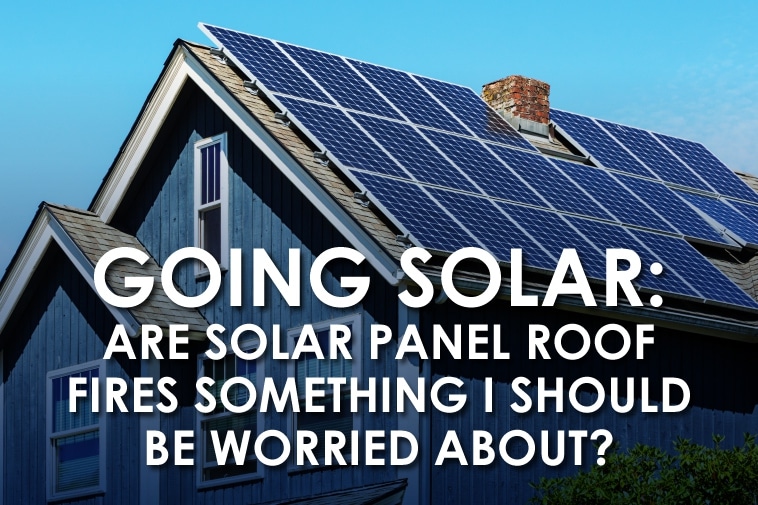Start here to get started with solar
What is Solar Trust Centre? Solar Trust Centre is a resource for trusted news on Solar Energy, Tools, and Resources. We have produced articles on the...
ABC’s 7:30 Report recently investigated the epidemic of poor-quality solar installations taking place across Australia. This issue is significant given the rise in interest in solar systems among Australian consumers.
Rick Slaton was interviewed for his own experience with faulty solar products. His twenty-panel installation had to be removed after only four and a half years, despite the product’s promise of a ten year warranty.
Solar panel installer, Johan Flurry, was interviewed during the removal of Slaton’s faulty system. Flurry noted that the twenty panels were water damaged with no chance of repair. In commenting on the epidemic of faulty solar, Flurry said “a large amount of those earlier panels, since, I’d say, 2008 and all the way to probably 2014, a lot of those panels that have gone up on roofs have come down on roofs”.
Unfortunately, the installation of poor quality solar is a common issue. Flurry notes how many solar installers priorities quick, cheap installations that will be bought up by the highest number of Australian households. “But they’re systems that are likely to last two years and then I’ll be there going there and replacing those systems.”
In Australia, the Clean Energy Council has the responsibility for accrediting solar products and installers. In 2018, the Council suspended one hundred and sixty solar installers, and cancelled the accreditations of a dozen more. This meant over five and a half thousand solar panels were removed from their list of approved solar products.
Dr Michelle McCann runs a laboratory in Australia that conducts commercial testing of solar panels. She exposes solar panels to a single flash of light in order to determine how much electricity they will produce. In some tests, panels have produced close to 10% less energy than promised by the advertised rating. Dr McCann indicates how such panels will only fail consumers more if connected to households for a sustained timeline. She notes that “the cheaper product isn’t the better performing product.”
A common reason for ineffective solar panels is that Australia relies on overseas manufacturers who export poor quality batches of solar panels. However, the Clean Energy Council has stated that “the number of unsafe products in continuing to reduce over time.” Solar Trust Centre has itself reviewed the reasons why consumers should consider quality solar units.
Markus Lambert, General Manager for Solar at LG Electronics, outlines how poor quality solar systems don’t help to reduce carbon emissions, as many consumers hope. “The problem is in many cases, [a poor quality solar system] hasn’t even gained its CO2 back by the time it’s failed. So you’ve actually got the irony that we’re paying a rebate for solar that hasn’t helped with the abatement.” Moreover, Lambert notes how Australia does not currently has a mandatory recycling scheme for faulty solar panels.
As concluded by Dr McCann, a solar roof system is a roof-top power station: “You would never ever built a coal-fire power plant without doing quality checks on it, but we’re doing that with solar rooftops.”
For more information, read Solar Trust Center’s cautionary tale on poor quality solar.
What is Solar Trust Centre? Solar Trust Centre is a resource for trusted news on Solar Energy, Tools, and Resources. We have produced articles on the...

Are you worried about solar panel roof fires? Solar panel fires often hit the news, not only because they’re frightening, but also because they’re...
Despite the fact that you can see people signing up to have solar power systems installed at their homes and businesses all over Australia, there are...